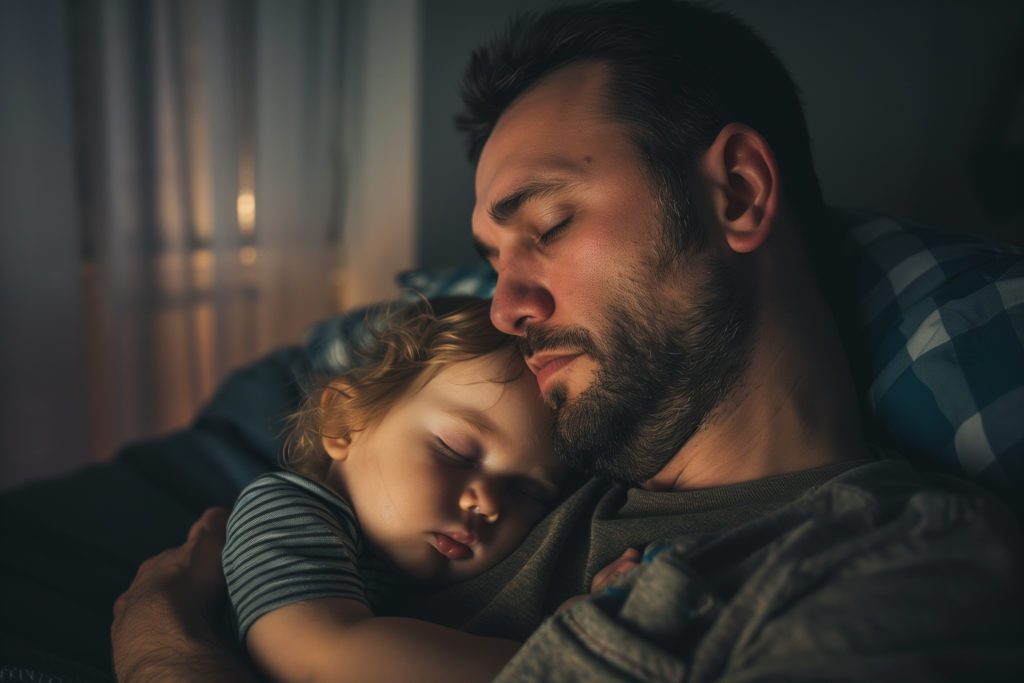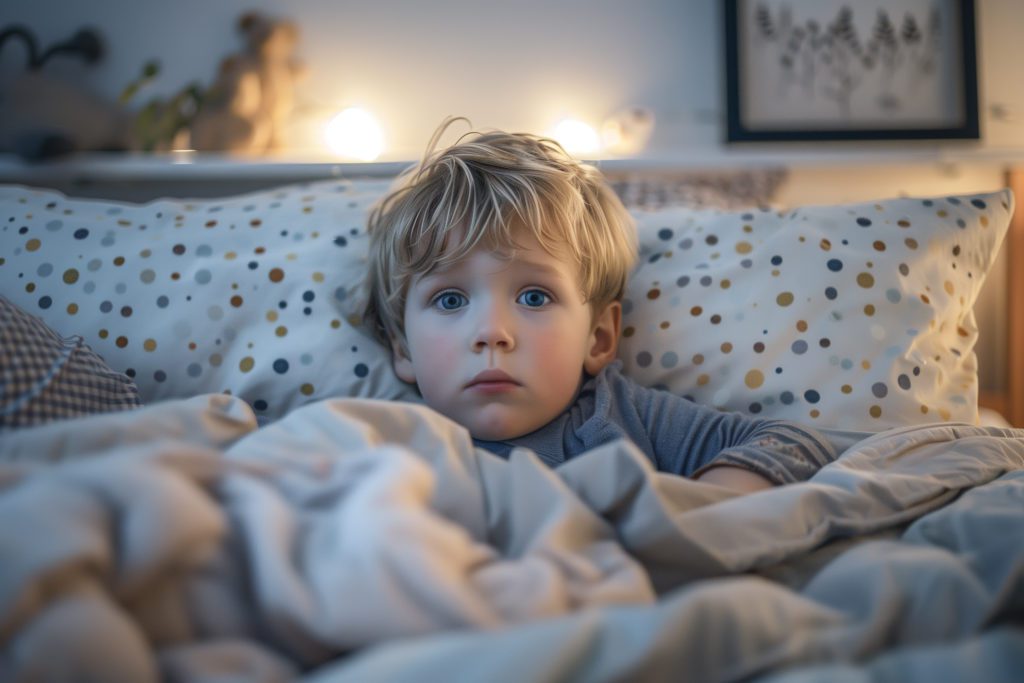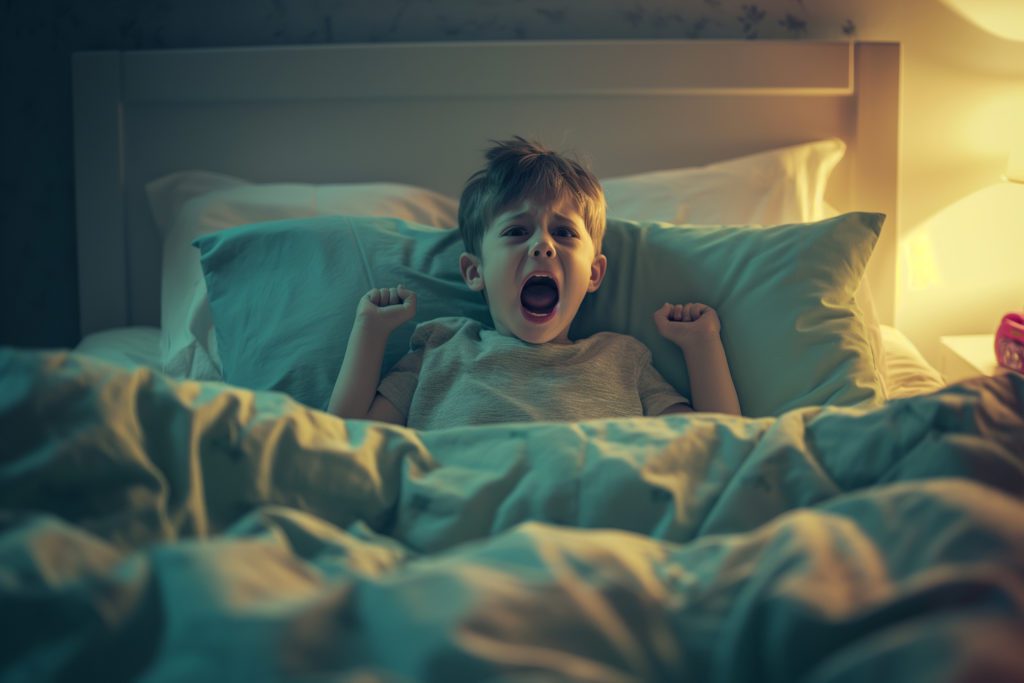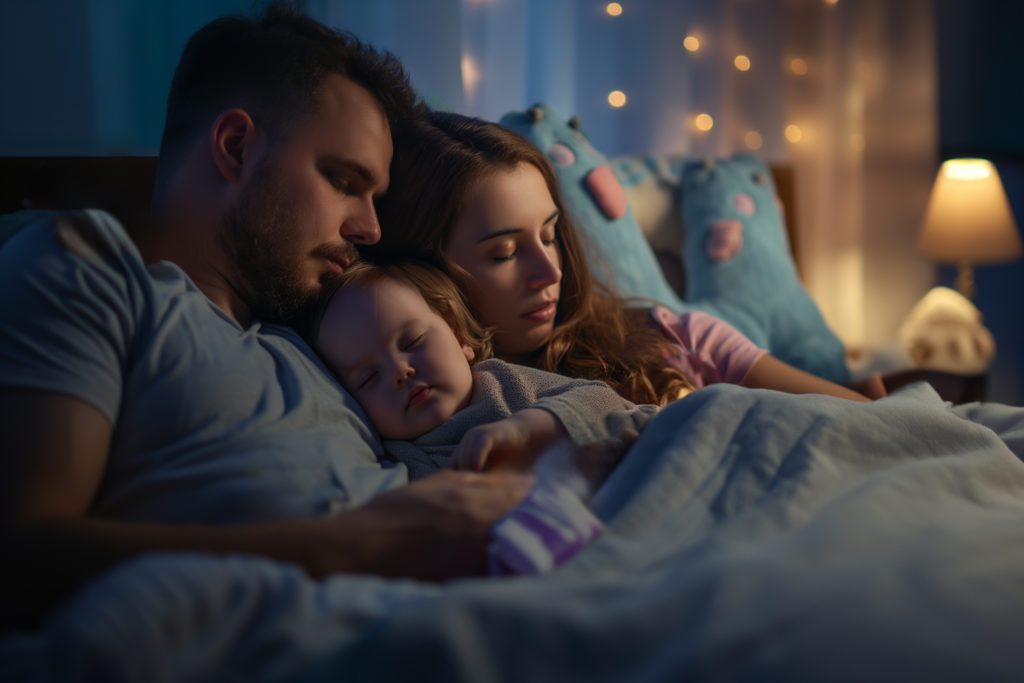
The Use of Hypnosis in Treating Sleep Disorders in Children
How hypnosis can offer a safe, non-invasive solution to help your child overcome sleep disorders, backed by science for lasting results.
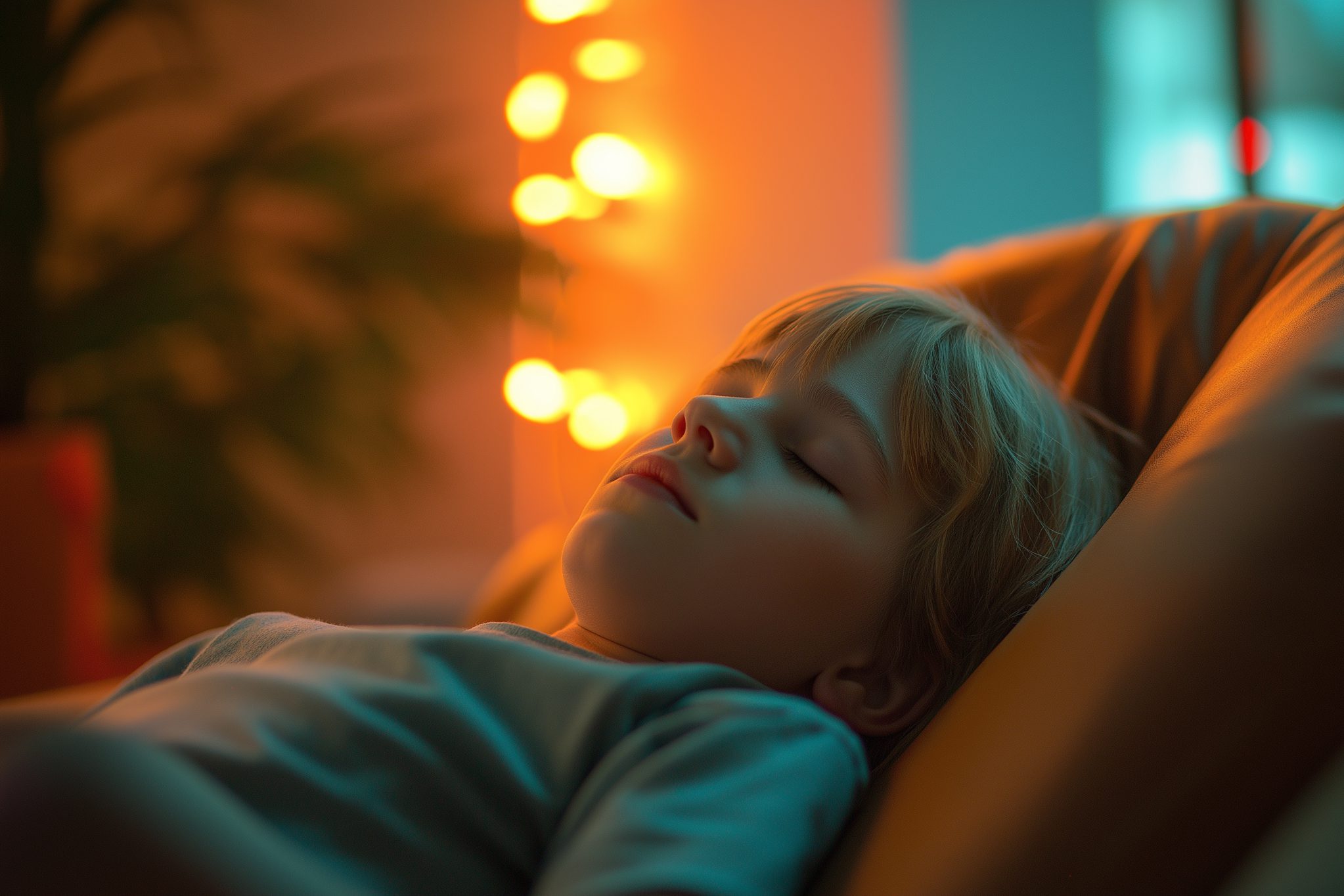
As parents, we’ve all watched our little ones struggle to sleep. You’ve probably come across all sorts of advice to solve the issue: warm milk, bedtime stories, lavender oil, counting sheep, and maybe even some desperate Googling at 2 a.m. But what if someone suggested hypnosis? Chances are, your first reaction might be, “Hypnosis? Isn’t that just for magicians or people who want to quit smoking?”
Hypnosis does have a reputation for being a little mysterious. The idea of someone waving a pocket watch and your child suddenly being able to sleep through the night might sound like something out of a cartoon. But hypnosis, especially clinical hypnosis, isn’t about mind control or making your child cluck like a chicken. It’s a legitimate therapeutic practice that’s been studied and used in various medical fields, including for sleep disorders in children.
In this article, we will take a closer look at what hypnosis really is, how it works, and whether it’s something you should consider for your child’s sleep troubles.
Sleep Disorders in Children
Kids can have a variety of sleep disorders. Sleep disorders can make life pretty challenging for both the child and the parents. Common sleep disorders in children include:
Then there’s the all-too-familiar bedwetting, which, while not strictly a sleep disorder, is often related to issues with sleep.
These conditions can lead to many problems, from daytime drowsiness and irritability to more serious issues like difficulties in school or delayed development.
Traditional treatments usually involve behavioral therapies, changes in bedtime routines, or sometimes medication. But when these approaches don’t work, or you’re just looking for something less conventional, you might find yourself considering alternatives like hypnosis.
What is Hypnosis?
Hypnosis doesn’t involve a hypnotist swinging a pocket watch while saying, “You are getting very sleepy.”
In the clinical sense, hypnosis is a state of focused attention, heightened suggestibility, and deep relaxation. It’s a bit like when you’re so absorbed in a movie or book that you lose track of time—only in this case, it’s guided by a trained professional to help your mind and body enter a state where they’re more open to suggestions.
It’s not about controlling your mind. It’s about helping your mind focus on specific goals, like overcoming fear, reducing anxiety, or, in this case, improving sleep.
Clinical hypnosis has been used in various fields, from pain management to anxiety treatment and, yes, even sleep disorders. For children, the process is usually gentle and designed to be engaging. Kids are excellent candidates for hypnosis because they have such vivid imaginations—they can quickly get into the right mindset with a bit of guidance.
Studies have shown that hypnosis can be an effective tool for treating sleep disorders in children. One study published in BMC Pediatrics Journal found that hypnosis significantly improved sleep in children with insomnia. The children in the study experienced fewer awakenings during the night and reported feeling more rested in the morning.
So, while it might sound a bit out there, hypnosis is actually a well-regarded therapeutic technique. It’s not about putting your child under a spell—it’s about helping them learn to relax and focus their minds in a way that promotes better sleep.
How Hypnosis Works for Sleep Disorders in Children?
The active ingredient of hypnosis for sleep disorders lies in its ability to tap into the subconscious mind. This is where many of our habits, fears, and automatic responses are stored—kind of like the part of your brain that knows how to ride a bike without you having to think about it.
When it comes to sleep, a lot of issues stem from anxiety or ingrained habits. For example, a child who's had a few bad nights might start to associate bedtime with stress or fear, making it even harder to fall asleep.
Hypnosis can help by guiding the child into a state of deep relaxation, where the mind is more receptive to positive suggestions. These suggestions might include reinforcing the idea that bedtime is safe and calming or that they have the ability to fall asleep easily and stay asleep through the night.
The process typically involves the hypnotherapist using soothing language and visualization techniques to help the child relax. Once the child is in a hypnotic state, the therapist can introduce suggestions designed to improve sleep. This could be something like imagining a peaceful, sleepy place where they feel completely safe or mentally rehearsing a bedtime routine that leads to easy, restful sleep.
Research supports the effectiveness of hypnosis for sleep disorders in children. A study published in the Contemporary Hypnosis Journal showed that hypnosis helped children with insomnia and other sleep disturbances by reducing the frequency of nighttime awakenings and increasing total sleep time. Another study found that hypnosis was particularly effective for children with sleep terrors, helping to reduce the frequency and intensity of these frightening episodes.
So, while hypnosis might sound creepy, it's actually a practical, evidence-based approach to helping kids sleep better. And the best part? It's completely non-invasive, with no need for medications that might come with side effects.
Should You Consider Hypnosis for Your Child?
So, after all this talk about hypnosis, you might be wondering, "Is this something I should really try for my child?" Like with many things in parenting, the answer is that 'it depends.'
If your child has been struggling with sleep disorders and traditional methods haven't worked, or if you're hesitant about using medication, hypnosis could be a viable option. It's especially worth considering if your child's sleep issues seem to be linked to anxiety, stress, or specific fears about bedtime.
Before jumping in, it's a good idea to talk with your child's pediatrician or a sleep specialist. They can help you determine whether hypnosis is appropriate for your child's specific situation. If you decide to go ahead, make sure you find a qualified professional who has experience working with children.

Written by
Dr Aqsa
As a Medical Doctor, Dr Aqsa, uses her knowledge to craft complex medical information that is understandable to the general public. For years, she has tried to improve health literacy and empower readers with valuable health knowledge through her articles, blog posts, and educational materials.
Download Pillow
Get help
Press & News
Legal
Connect
X (Twitter)
Company
Copyright © Neybox Digital Ltd.
